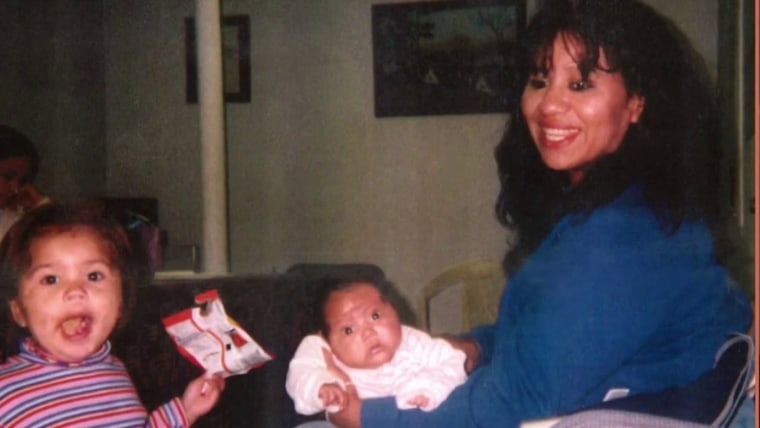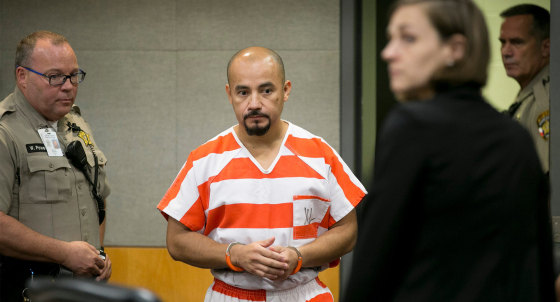The Supreme Court isn’t friendly to death row prisoners. In fact, it's downright hostile.
So it was almost surprising on Monday morning when the court sided with a Texas prisoner, Areli Escobar, sending his case back to the state for further review.
To be sure, the court that helped the Trump administration jumpstart federal executions isn’t having an identity crisis. Indeed, it refused an execution stay on Monday for another Texas prisoner, Robert Fratta, and, in another Texas death penalty case, the court rejected an unusual appeal that somehow referred to an interview with comedian Jeff Ross.
So what was different in Escobar’s case?
Believe it or not, Texas prosecutors agreed that he should get a new trial, because of faulty DNA evidence used to convict him in 2011 of murdering Bianca Maldonado. As The New York Times reported:
Five years after Mr. Escobar’s trial, an audit by the Texas Forensic Science Commission revealed shortcomings in the DNA lab’s work, including failures to follow scientific protocols, bias, contaminated samples and inadequate training. The lab suspended its operations, and it has never reopened.
But wait — if the prosecution agreed with the defense, then what was the case doing at the Supreme Court?
Thank the Texas Court of Criminal Appeals for that. The state’s top tribunal for criminal cases has the unusual distinction of making the Supreme Court seem even-handed — sometimes. The state court didn’t even acknowledge the prosecutor’s position when it ruled against Escobar last year.
It wasn’t too surprising, then, that the Supreme Court told the Texas court that it messed up, though the justices said so legalistically: The case is "remanded to the Court of Criminal Appeals of Texas for further consideration in light of the confession of error by Texas,” the brief order read in part. Remarkably, no justices dissented from the order, including ones most likely to rule against death row prisoners — conservatives Clarence Thomas, Samuel Alito and Neil Gorsuch.

Of course, this doesn’t mean that the high court has gone “soft” on death row appeals — look no further than its actions in other cases on Monday alone. The Supreme Court's rebuke of the Texas ruling says more about the state court than it does about the Supreme Court. If anything, the fact that it was up in the air whether the justices would even acknowledge Texas’ prosecutors “confession of error” is an indictment of the court itself.

